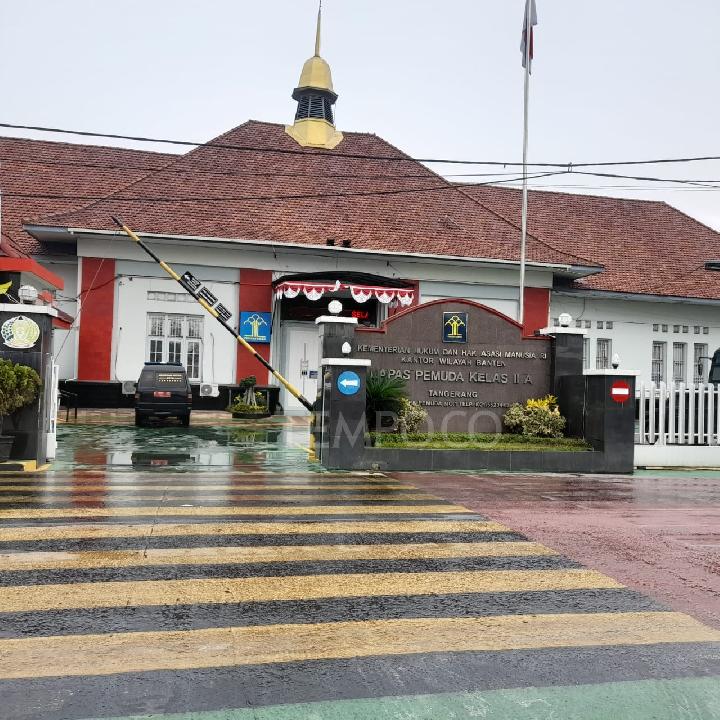Copyright tempo

TEMPO.CO, Jakarta - Dozens of inmates are hard at work in a workshop at Class IIA Purwokerto Prison, Central Java, Monday, October 27, 2025. Some sat cross-legged, weaving pandan leaves to make mats. The products are sent to Hong Kong, while other creations, namely handcrafted glagah brooms, will be exported to Pakistan."This is an independent activity for the inmates; they have undergone an assessment to work and receive rewards. Under the guidance and supervision of the officers, this activity is also part of their skills training for the future," said Aliandra Harahap, Head of Class IIA Purwokerto Prison, on Monday, October 27, 2025.The penitentiary is working with a cooperative in neighboring town Purbalingga, which has exported brooms to Pakistan several times. About 5,000 brooms have been crafted in the 5 x 7 square meter workshop. The brooms have also been marketed through online marketplaces.Head of Inmate Training and Education Division at Purwokerto Prison, Fauzen, said the inmates are working to craft mats from pandan leaves that are exported to Hong Kong and ice cream sticks that are sent to Surabaya. "Apart from ice cream, the sticks are also used for nugget handles," said Fauzen.The inmates receive a reward of Rp50,000 per month, which they later send to their families. "Some even send up to five hundred thousand rupiahs to their families," said Fauzen.According to Fauzen, the labor in prison contributes up to Rp2 million in non-tax state revenue.Tangerang Inmates Create Mesh Sneaker FootwearA different sight awaits in Class I Tangerang prison. Here, the inmates are busy making mesh sneakers.Head of Class I Tangerang Prison, Irhamuddin, said the daily production of sneakers reaches 10 to 15 pairs, involving dozens of inmates. Those involved in this work activity have surpassed assessment and training."Some of them have experience working in footwear factories outside of prison, and they further develop their skills here," said Irhamuddin to Tempo.When Tempo visited last Monday, inmates involved in various criminal charges were drawing patterns, cutting mesh fabric, and sewing it into sneakers. They also packed them in boxes with the Rutira brand name.Irhamuddin said the production of Rutira-branded sneakers is part of the inmates' rehabilitation process. Prisoners work from 8:00 a.m. to 5:00 p.m. local time."They are in the workshop through an assessment. They have a strong will and truly want to be productive," said Irhamuddin.What's interesting is that the inmates are paid for making Rutira shoes, split 30 to 70 percent for the inmates and the program development, respectively.The demand is there for Rutira-branded sneakers, said Irhamuddin. For example, the police have ordered up to 1,000 pairs. These mesh sneakers are also available online, on platforms such as Tokopedia, Shopee, and OLX, under the name Rutira Bimker Jambe, with prices ranging from Rp100,000 to Rp200,000.The shoes are named with unique penal-related code, such as "Casual Mode Pasal 378," "Sporty Mode Pasal 281," or "Sporty Pasal 114."Editor’s Choice: Indonesia Transfers Dozens of High-Risk Inmates to Nusakambangan Prison IslandClick here to get the latest news updates from Tempo on Google News



